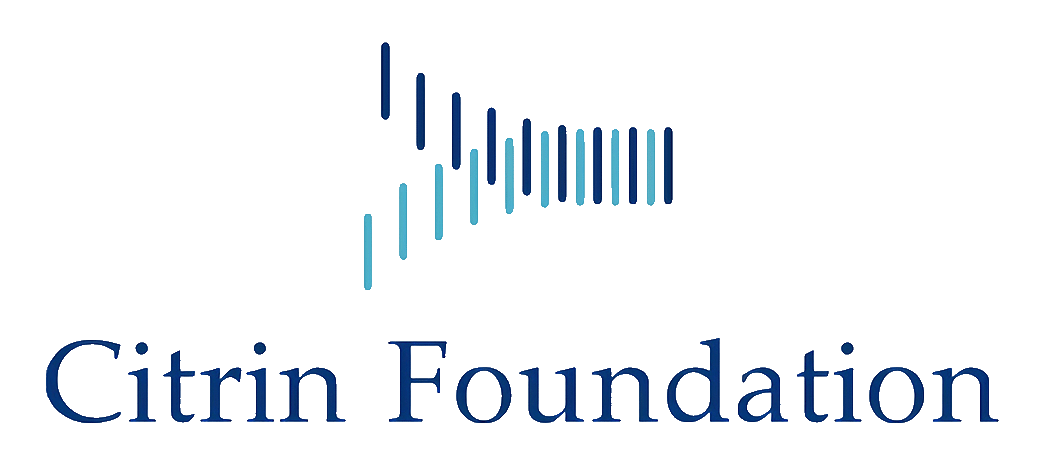We are pleased to announce two new publications from groups led by Professor Jorgina Satrústegui (Universidad Autónoma de Madrid) and Professor Paul Yen (Duke-NUS Graduate Medical School) whose studies were supported by the Citrin Foundation.
Exogenous aralar/slc25a12 can replace citrin/slc25a13 as malate aspartate shuttle component in liver
The paper by Professor Jorgina Satrústegui and her team is published in Molecular Genetics and Metabolism and titled “Exogenous aralar/slc25a12 can replace citrin/slc25a13 as malate aspartate shuttle component in liver”. This study explores the therapeutic potential of substituting citrin (slc25a13) expression with its protein isoform, aralar (slc25a12) in a mouse model of citrin deficiency (CD). Aralar possesses similar functions to citrin but is expressed in different tissues in the body such as the brain, skeletal muscle, kidney and heart. While aralar is not endogenously expressed in the human liver, it is hypothesized that its hepatic expression could functionally substitute for the loss of citrin during CD. The study found that exogenous aralar expression in isolated hepatocytes from citrin-KO mice was beneficial as it reduced cytosolic NADH/NAD+ ratios, since high cytosolic NADH/NAD+ is thought to contribute to the pathology of CD. Hepatic mitochondria isolated from citrin-KO mice expressing a liver-specific transgene for aralar expression also showed an increase in malate aspartate shuttle (MAS) activity when compared to citrin-KO mice. Collectively, these results support the hypothesis of functional replacement of citrin with aralar in the liver to improve redox balance and may therefore serve as a potential therapy for CD. Please click here to learn more about the paper.
Nicotinamide riboside rescues dysregulated glycolysis and fatty acid β-oxidation in a human hepatic cell model of citrin deficiency
The paper by Professor Paul Yen and his team is published in Human Molecular Genetics and titled “Nicotinamide riboside rescues dysregulated glycolysis and fatty acid β-oxidation in a human hepatic cell model of citrin deficiency”. This study examines the therapeutic potential of nicotinamide riboside (NR) on a CRISPR/Cas9 citrin-KO HepG2 cell line as a novel strategy to address some of the metabolic defects associated with CD. These cell lines displayed several metabolic derangements as seen in human CD such as increased cytosolic NADH/NAD+, reduced glycolysis, impaired fatty acid metabolism, and reduced mitochondrial respiration. Interestingly, exogenous addition of NR improved NADH/NAD+ ratios, which subsequently improved glycolysis and fatty acid metabolism defects in these cells. These findings suggest that NR may have therapeutic potential in treating some of the metabolic defects seen in CD and other mitochondrial disorders. Please click here to learn more about the paper.
We believe both papers will significantly contribute to our understanding of the condition and benefit the wider medical and research communities. We would like to congratulate both Professor Jorgina Satrústegui and Professor Paul Yen on their respective achievements and we hope you will find the articles helpful.
YOU MAY READ MORE PUBLICATIONS SUPPORTED BY CITRIN FOUNDATION HERE
